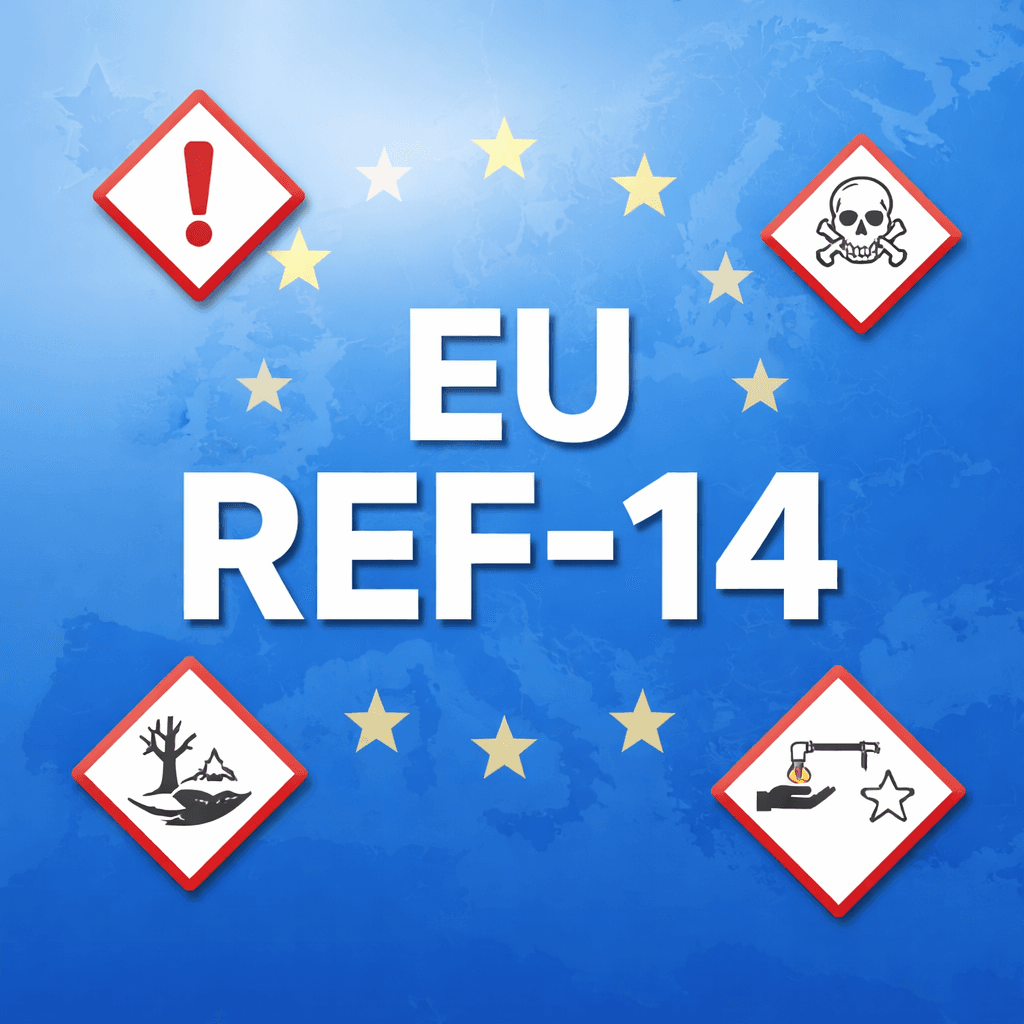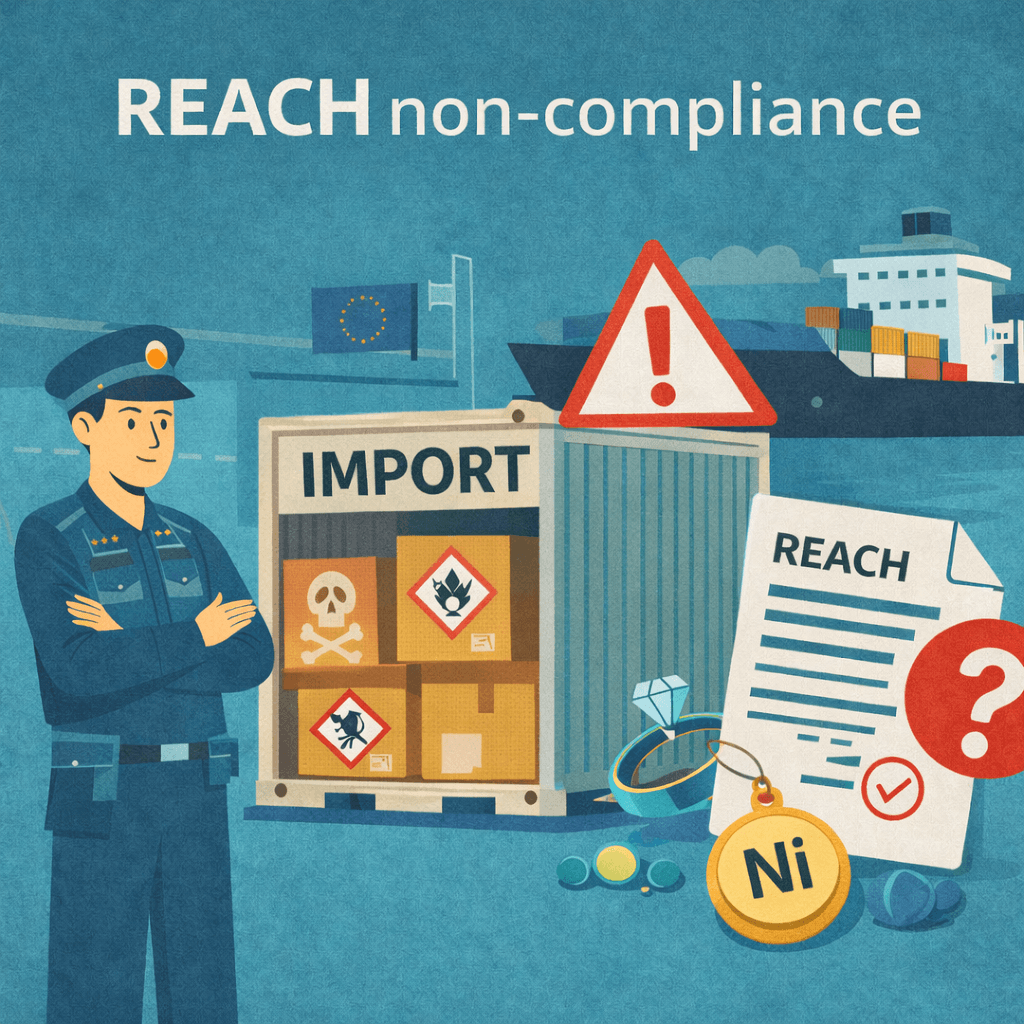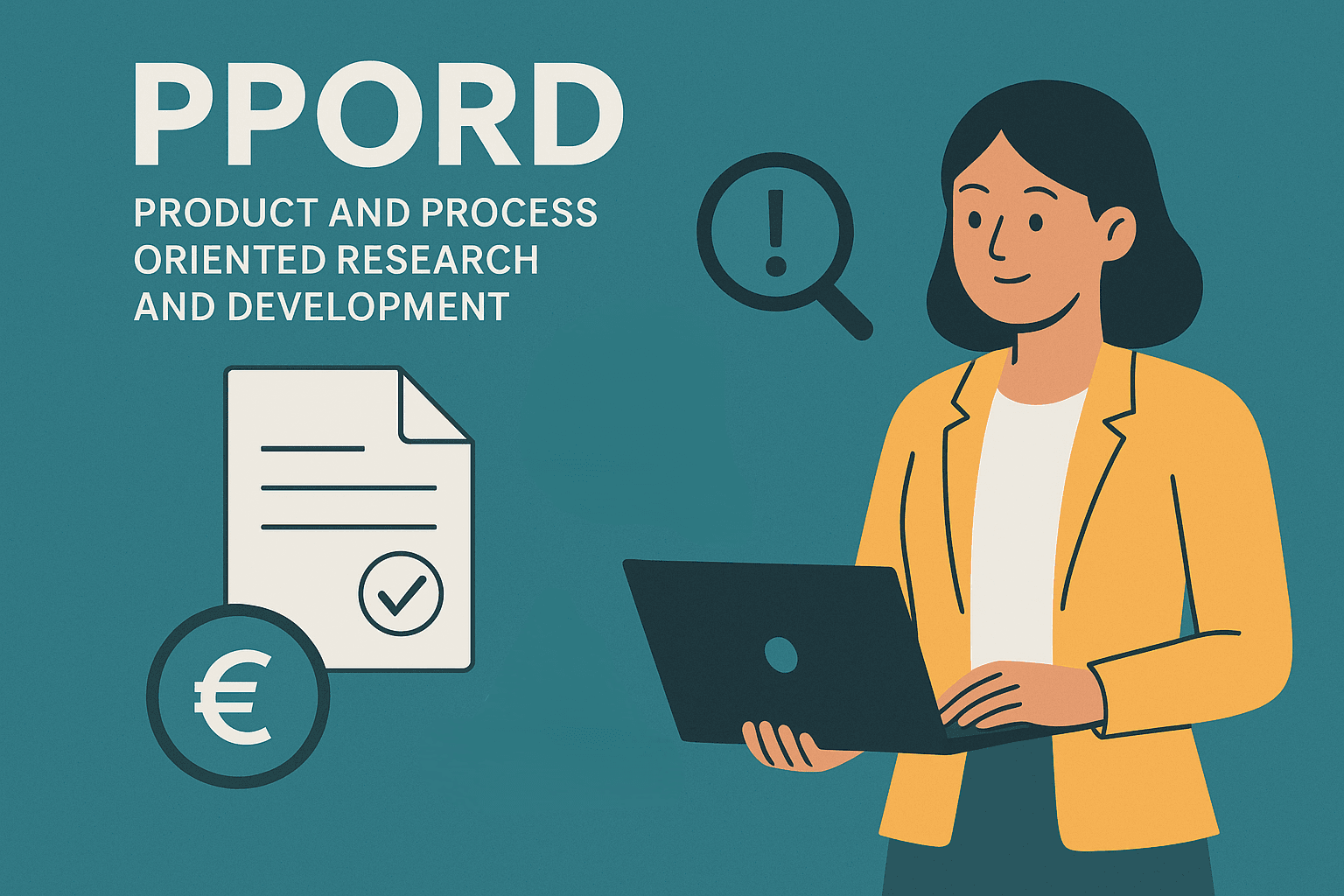EU Proposes Significant 2025 Revisions to REACH Regulation
At the 54th meeting of the Competent Authorities for REACH and CLP (CARACAL-54) on April 3, 2025, the European Commission unveiled a comprehensive proposal to revise the Registration, Evaluation, Authorisation and Restriction of Chemicals (REACH) Regulation.
This initiative aims to modernize EU chemicals legislation, emphasizing digitalization, enhanced enforcement, and simplification. The public consultation period for these proposals concluded on April 25, 2025, with final adoption anticipated by the end of the year.
Key Proposed Revisions
- Registration Validity and Revocation
- Limited Validity: Registrations will be valid for 10 years.
- Revocation Powers: The European Chemicals Agency (ECHA) can revoke registration numbers if
- The validity period expires.
- Registrants fail to submit required updates after evaluation decisions.
- Dossiers lack complete data, especially for substances previously notified under NONS (Notified New Substances)
- Incompleteness is identified during ad-hoc checks.
- Mandatory Updates: Dossier updates are required when substances are identified as Substances of Very High Concern (SVHCs) or receive harmonized classification.
- Polymer Regulation
- Notification Requirement: All polymers produced or imported above 1 tonne per year must be notified
- Registration for PRRs: Polymers requiring registration (PRRs) will be determined based on hazard profiles, necessitating group registrations and joint hazard data submissions.
- Testing and Safety Assessment
- Extended Testing Proposals: Vertebrate testing proposals will now be required for lower-tier endpoints (Annex VII and VIII).
- Alternative Methods: Emphasis on non-vertebrate methods aligns with Directive 2010/63/EU, prioritizing animal welfare.
- New Assessment Metrics: Introduction of metrics such as Persistent, Mobile, Toxic (PMT) substances, very Persistent, very Mobile (vPvM) substances, Endocrine Disruptors (EDs), Derived Minimal Effect Levels (DMELs), and Mixture Allocation Factors (MAFs) for substances exceeding 1000 tonnes per annum.
- Data Sharing and Transparency
- Enhanced Data Access: Registrants can access data on structurally similar substances, especially after the 12-year data protection period, to reduce duplication and encourage data sharing.
- Digitalization of Supply Chain Communication
- Electronic Safety Data Sheets: Introduction of harmonized electronic formats for Safety Data Sheets (SDS) to facilitate digital exchange across the supply chain.
- Digital Product Passports (DPPs): Gradual integration of DPPs for articles, starting with batteries and expanding to toys, detergents, textiles, and furniture, aiming to enhance transparency regarding substances of concern.
- Enforcement and Market Surveillance
- European Audit Capacity: Establishment of a new capacity to assess Member States’ enforcement systems.
- Customs Controls: Improved controls through mandatory provision of SDS at import, automated verification of registration and authorization numbers, and potential integration with the EU Single Window Environment for Customs.
- Distance Sales Compliance: Requirement for a designated EU-based economic operator to ensure REACH compliance for distance sales into the EU.
- Nanomaterials Regulation
- Updated Definitions: Alignment with the EU’s 2022 definition of nanomaterials, with clarified registration and reporting rules to improve predictability and transparency, particularly for downstream users and nanoform characterization.
Stakeholder Reactions
- Industry Concerns:
- The European Chemical Industry Council (Cefic) and other industry groups have expressed apprehension that the proposed revisions may significantly increase administrative burdens, particularly for small and medium-sized enterprises (SMEs). They argue that the 10-year registration validity and complex assessment models could hinder innovation and competitiveness.
- Environmental Advocacy:
- Environmental organizations, such as ClientEarth and ChemSec, have criticized the proposals for potentially rolling back public health protections and yielding to industry pressures. They caution that the revisions might delay action on hazardous substances and undermine the objectives of the original REACH regulation.
Chementors stays up-to-date on all REACH matters
Chementors is an expert in EU REACH and will stay up-to-date on all relevant changes and revisions regarding the regulation. We are fully qualified in handling full registration procedures and can also act as a certified REACH Only Representative for non-European companies.




